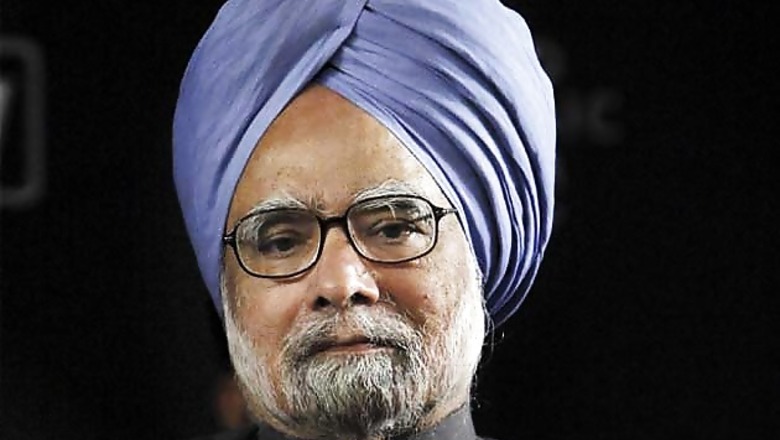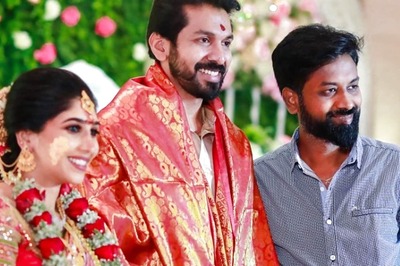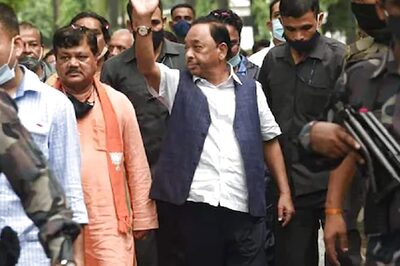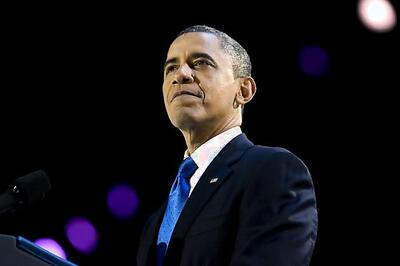
views
Prime Minister Manmohan Singh on Wednesday left on a four-day visit to Brunei and Indonesia during which he will attend ASEAN summit and hold talks on crucial bilateral and regional issues, including ways to enhance economic cooperation.
Ahead of his departure, Singh said his visits "will further intensify our engagement with East, which has been at the forefront of our foreign policy, and contribute to peace, prosperity and stability in the Asia Pacific".
Terming Brunei Darussalam and Indonesia as two important partners in South East Asia, Singh said in his departure statement, "Our engagement with the ASEAN and its member countries is the cornerstone of our "Look East" policy and has evolved into a strong, comprehensive and multi-faceted partnership in recent years."
In Brunei, he will take part in the 11th India-ASEAN Summit and the 8th East Asian Summit on Thursday, followed by a bilateral visit to Indonesia.
India is looking for greater economic ties and cooperation in areas of security, connectivity and culture with South-East Asian countries. The visit assumes significance as India is looking to ink a Free Trade Agreement (FTA) on services and investments by the end of 2013 with ASEAN (Association of South East Asian Nations), a ten-member block of countries, including Brunei, Cambodia, Indonesia, Laos, Malaysia, Myanmar, the Philippines, Singapore, Thailand and Vietnam.
An FTA on goods is already in place between India and ASEAN and it has significantly helped expand the trade with this regional block. The ASEAN-India trade currently stands at USD 76 billion, which is targeted to be increased to USD 100 billion by 2015 and to USD 200 billion by 2022.
The areas of cooperation between India and ASEAN range across sectors like science and technology, agriculture, environment, human resources, space, energy, telecom, infrastructure, tourism, culture, health and pharmaceuticals. During the East Asia Summit, a forum for international cooperation among ASEAN countries and Australia, China, India, Japan, Republic of Korea, New Zealand, Russia and the US, a formal inter-governmental agreement is expected to be signed on the ambitious Nalanda University in Bihar. The University, set to come up 12 kms from the Nalanda ruins, may start its first academic session from 2014.
On the sidelines of the summit in Bandar Seri Begawan, the capital of Brunei Darussalam, Singh is also expected to meet his Australian counterpart Tony Abbott and the two leaders may discuss issues related to uranium sale. Singh is expected to discuss cooperation with East Asian countries in areas like drug trafficking, piracy and security issues.
The East Asia Summit integrates a market of more than three billion people with a combined GDP of USD 17.23 trillion. The issue of gas imports from Brunei, along with other areas of energy cooperation, is also expected to come up for discussions during Singh's visit. After Brunei, Singh will visit Indonesia from October 10-12 and is expected to discuss key issues of security, trade and investments, connectivity and cultural cooperation with top leadership there.
In recent years, India and Indonesia have considerably expanded their cooperation in areas like trade, defence and security. Trade and investments between the two countries have shown a positive growth trend and reached USD 20 billion in 2012-13, despite a dip last year due to the global financial situation. The trade has grown almost five times since the establishment of a strategic partnership in 2005.
About relations with ten-member block ASEAN, Singh said, "It started on a strong economic emphasis, with focus on commerce and connectivity, but has increasingly acquired strategic content. "The Summit in Brunei will be the first since the elevation of our relations with the ASEAN to a Strategic Partnership at the special Commemorative Summit in New Delhi and the conclusion of the India-ASEAN Free Trade Agreement in Services and Investment in December 2012.
"It will give me and my ASEAN colleagues an opportunity to review the progress in our relations over the last few months and explore initiatives to add further momentum and content to our relationship."
"The East Asia Summit is the fore most forum for promoting peace, stability and prosperity in the dynamic Asia Pacific region. Given our vital stakes in the region, India has been closely involved in the evolution of an open, balanced and inclusive regional architecture, on the basis of the centrality of the ASEAN.
"India sees the East Asia Summit as a springboard to regional cooperation and integration and is participating in the negotiations for a Regional Comprehensive Economic Partnership among the ASEAN and its FTA partners, which will help create an economic community in the region.
Singh also said that EAS has been highly supportive of India s initiative for the revival of the Nalanda University, which is slated to begin academic programmes next year. "On the margins of the East Asia Summit, I will have the opportunity to meet other world leaders," he added. With Indonesia, Singh said, "We have extensive common interests as maritime neighbours and in the fields of economy, energy, security, space and development.
"We see our ties with Indonesia as an essential part of India's integration with the broader region. I intend to utilise this visit also to re-emphasise our commitment to building a stronger partnership with ASEAN. "We will also have the opportunity to exchange views on regional and global issues of common interest." Singh said he would also look forward to "create an institutional framework to further enhance the content of our cooperation in the years ahead" with Indonesia.




















Comments
0 comment